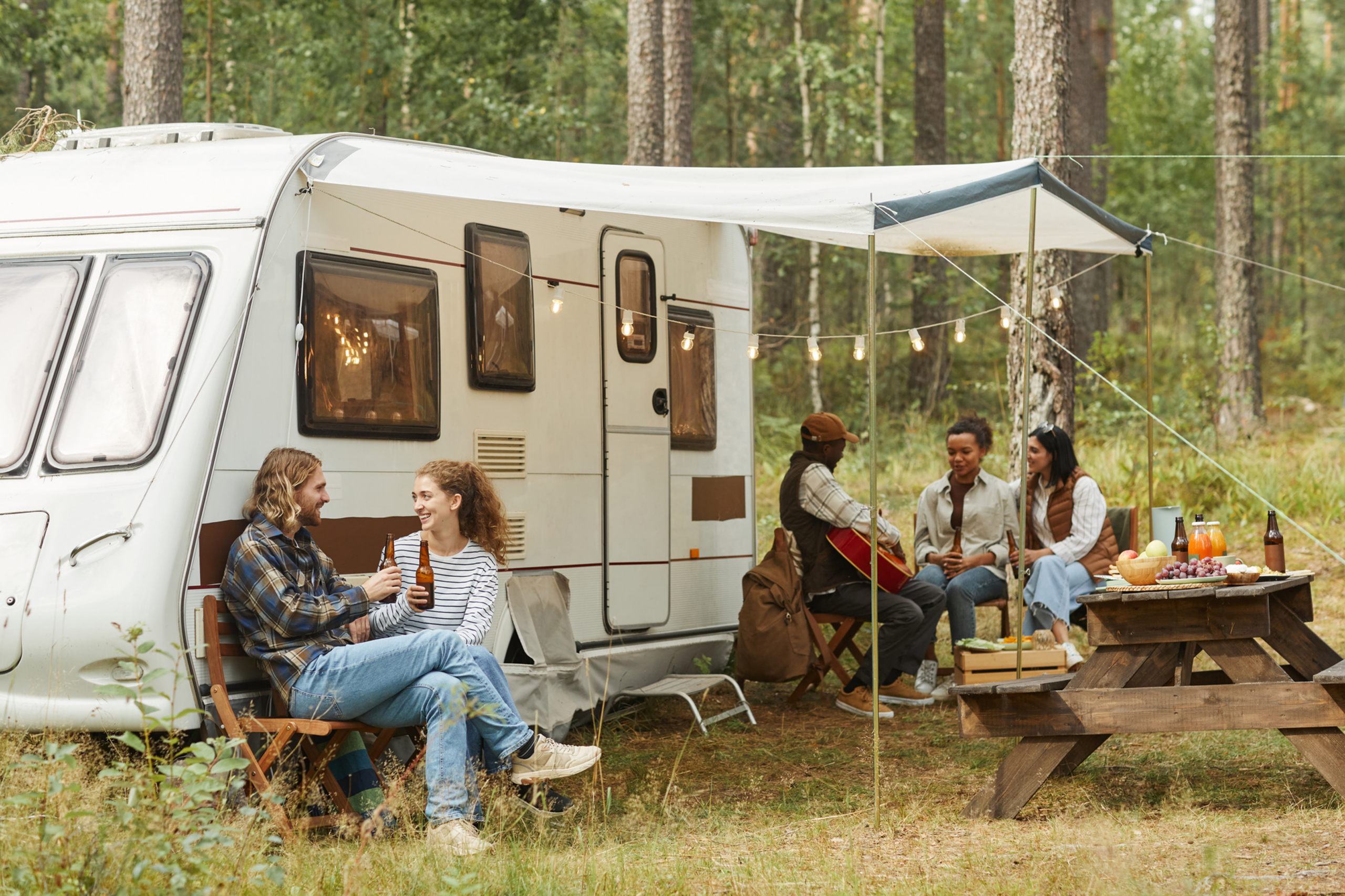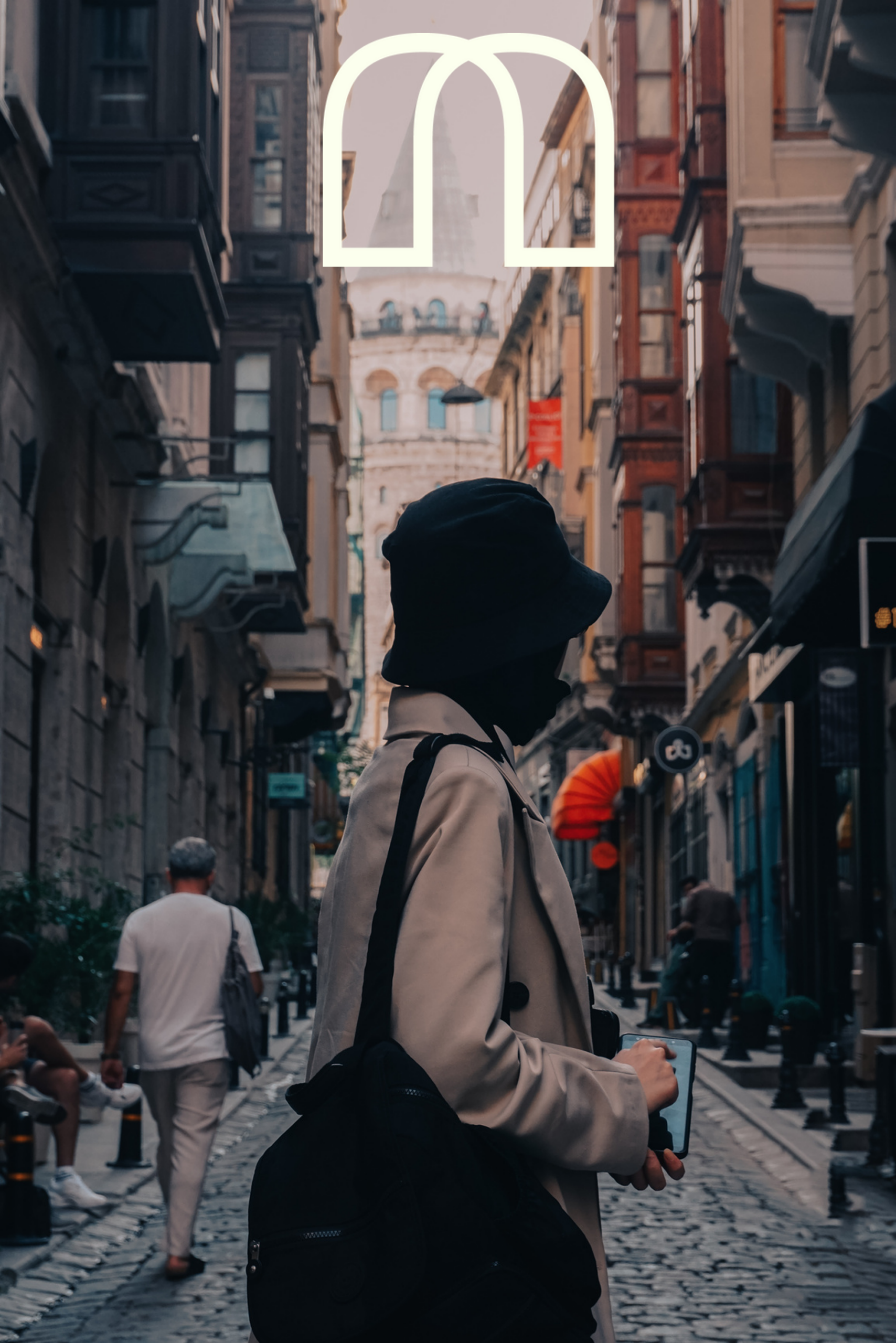Key Findings to Know:
- Even with high vaccination rates among travelers, the Delta variant situation is casting a heavy shadow. Despite 72.2% of American travelers reporting they have received a COVID vaccine, 63.2% have a high degree of concern about personally contracting the coronavirus right now. In fact, the proportion who are unconcerned about personally contracting COVID has decreased by half since May, dropping from 40.0% to 21.4%. A sense of pre-pandemic normalcy has also been cut nearly in half, falling to 22.3% from 42.7% six weeks ago. About 60% of American travelers say what’s happening with the Delta variant is making them less interested in travel right now (up from 54.3% the week of August 9th). Meanwhile, an increasing number of travelers are saying they have postponed an upcoming trip specifically due to the Delta variant (32.7% up from 27.0% two weeks ago); those who say they have cancelled a trip due to Delta variant concerns remains at 27.5%.
- Given what’s happening with the pandemic, the majority of American travelers support both indoor masking requirements right now, as well as vaccine mandates for certain indoor activities. This week, 73.6% of American travelers support the reinstatement of indoor masking policies, growing nearly 9 percentage points since August 9th. Using San Francisco’s current COVID-19 vaccine mandate for entry to bars, restaurants and gyms as an example, 61.2% of American travelers say they support this (20.6% oppose) and 47.4% even agree it makes the city a more attractive place to visit (25.1% disagree). About 60% of American travelers say they would support such indoor COVID-19 vaccine mandates in their own community, (17.8% would be neutral and 22.5% would be opposed).
- A small gain in optimism about where the pandemic is headed in the next months hints at slight rebounds in travel sentiment. With an increase in the number of unvaccinated travelers who say they will get vaccinated this year (32.1% up from 24.7% August 9th) and a record 58.8% of traveling parents of school-age children saying they will have their kids inoculated from COVID-19, the proportion of American travelers who feel the pandemic situation will improve in the next month has gained 6 percentage points in the last two weeks to 26.3%. Those in a ready-to-travel mindset improved back to 76.4% from 71.6% and excitement for incremental near-term travel returned to 67.0%, up from 60.7% two weeks ago. Firm confidence in travel’s present safety improved to 42.8% from 36.6%. American travelers open to travel inspiration also returned to 58.6% from 52.1% two weeks ago. Unfortunately, sentiment towards convention-related and international travel did not make similar rebounds.
- Perceptions of high travel prices are butting up against growing financial anxiety. American travelers with concerns about their personal finances continued to rise, hitting 55.0% from 47.7% 2 weeks ago, and nearly 45% report they are feeling a lot of financial stress lately. This financial related anxiety likely contributes to almost 60% agreeing that travel prices are too high right now —most particularly hotel rates and gasoline. Over 43% now say high travel prices have deterred them from traveling in the past month, up from 34.6% in just two weeks. On a positive note, despite these affordability perceptions, 54.7% say leisure travel will remain a high priority in their budgets and 41.4% agree that the present is a good time to spend on travel.
- 80% of American travelers still have trip plans. In fact, 24.4% report having travel planned in September, and 23.4% report having travel planned in October. Both November and December are currently above 20%, as well. Three-quarters of American travelers did some travel dreaming or planning in the last week alone. Using ski as an example about travelers’ confidence in the future, nearly two-thirds of traveling skiers who have a regular ski destination they travel to say they are likely to visit that destination this season.
- Polarization present but not overwhelming. Not surprisingly, travelers would like to know that they are welcomed at their destinations—70.2% say that they are unlikely to travel to a destination that has a reputation of being unwelcoming. Interestingly, this week the number of American travelers who said they can think of a U.S. destination where they would expect to be an unwelcoming atmosphere jumped over 7 percentage points to 20.3%. When asked in an open-ended question which domestic destinations come to mind as possibly being unwelcoming, New York, California, Texas and Florida topped the list. Nevertheless—and despite these destinations’ pandemic-related associations —Florida, New York, California, Las Vegas and Texas remain dominant in where Americans name as the places they most want to travel to in the next year.
Follow us on social for infographics of these and other key findings. Need assets for a presentation or something else? Find all the presentation decks from our ongoing traveler research here. And please join us monthly for a live presentation of the latest insights into traveler perceptions and behaviors.
We appreciate your support of this research from our small but mighty team of devoted tourism researchers.
Have a question idea or topic you would like to suggest we study? Let us know!
We can help you with the insights your tourism strategy needs, from audience analysis to brand health to economic impact. Please check out our services here.



